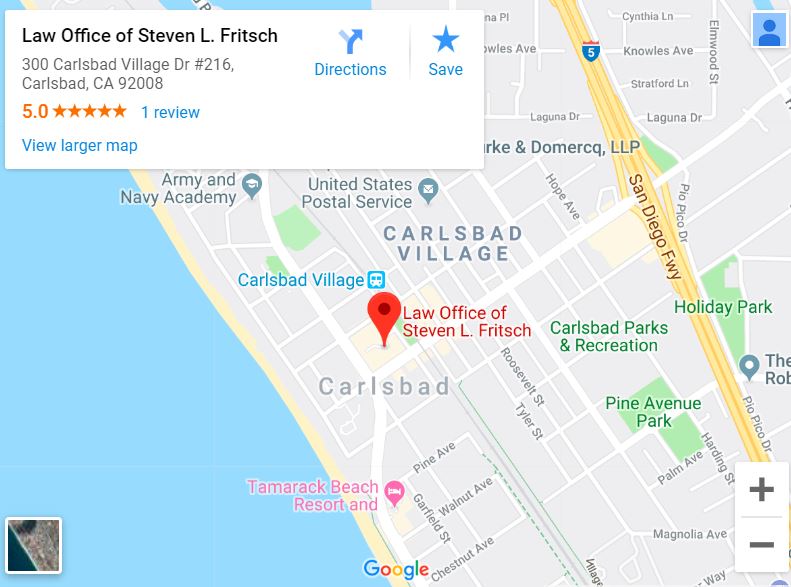A divorce mediation agreement allows spouses to resolve their divorce without having to go to court. Instead of each spouse having their attorney present their positions to a judge to decide, they negotiate a settlement with the help of a trained, neutral mediator. Mediation has three key benefits:
- Reducing the time it takes to finalize the divorce
- Reducing legal costs
- Reducing the bad feelings often created during contested divorce hearings
What Is Resolved in Mediation?
The goal of divorce mediation is to resolve every issue in the divorce so that a finalized divorce agreement can be submitted to the court. In some cases, the parties may be able to agree on most issues but will leave one or more issues to be resolved by the court within the framework of their partial agreement. A standard marital settlement agreement includes
- The reason for the divorce (generally irreconcilable differences)
- Whether the parents will share joint physical and legal custody, give one parent primary physical custody, or give one parent sole custody
- How much time the children will spend with each parent
- Child support payments
- Responsibility for health insurance, childcare costs, and other expenses beyond child support
- Spousal support payments
- Division of property, financial assets, and debts
- Responsibility for taxes during the final year of the marriage
- Who will be able to claim tax exemptions for any dependent children
How Does Mediation Work?
In mediation, the spouses attend one or more sessions with a neutral mediator who guides the discussions. Generally, each spouse is first given an uninterrupted time to explain how they would like the divorce to be resolved. The mediator then points out areas where they agree and leads back and forth discussions on contested issues. One of the mediator’s main roles is to keep the spouses focused on finding win-win situations and to provide opportunities for healthy venting while keeping emotions from taking over.
Mediation can go on for several sessions over a period of days or weeks depending on the complexity of the divorce, how long the spouses want to spend at each session, and the spouses’ schedules. In most cases, the attorneys will help their clients prepare for mediation but will not participate in the mediation sessions. This is to help keep the focus on the spouses working together rather than becoming adversarial.
What Happens When an Agreement is Reached?
Once the parties reach an agreement, it will be put into writing. Generally, one spouse’s attorney drafts the settlement agreement and the other attorney reviews it to make sure it matches their understanding of the agreement and that the drafting attorney didn’t leave anything out. The spouses will then sign the agreement and submit it to the court for approval. The court will approve it as long as it doesn’t contain any provisions contrary to the law. The agreement is then final, binding, and enforceable just as a court order issued after contested divorce hearings would be.
If you are considering divorce mediation contact our attorneys for a free consultation. We are happy to help answer any questions you may have.
